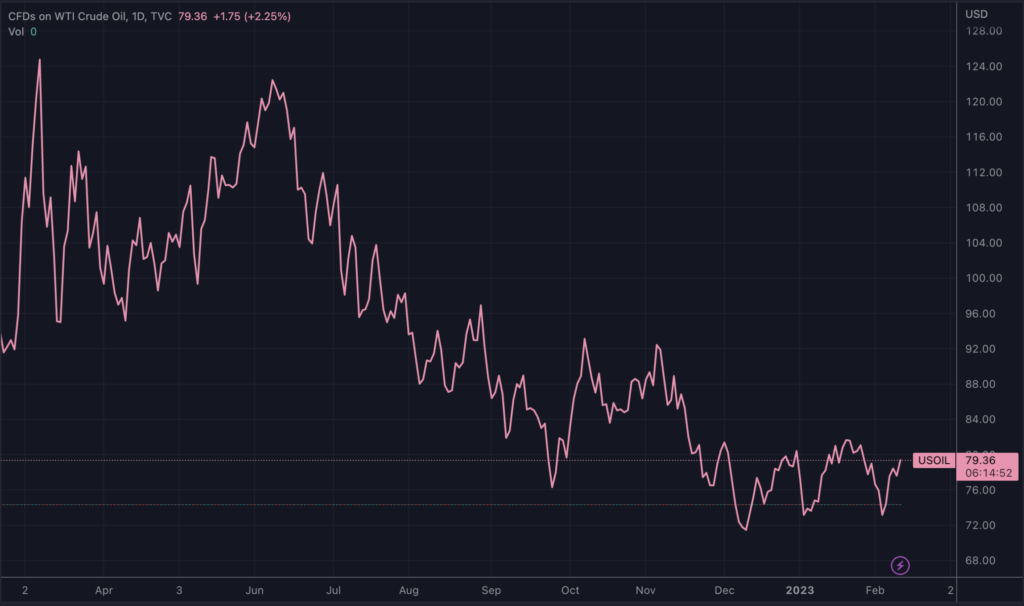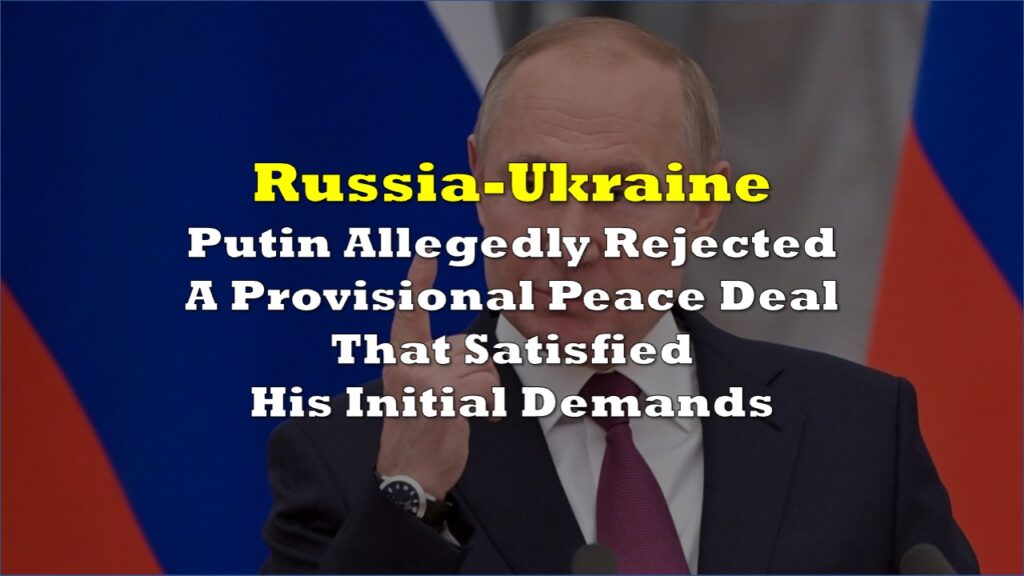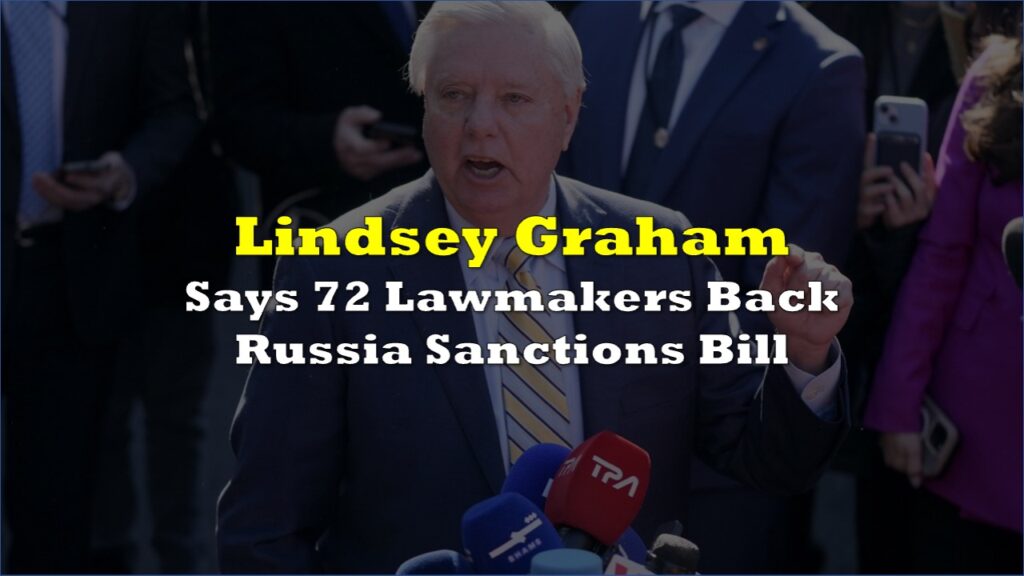Russia announced that it will voluntarily cut crude production by 500,000 barrels per day starting in March, as it stops selling oil to importers complying with a Western-imposed price cap.
Russian Deputy Prime Minister Aleksandr Novak stated the move will rebuild market equilibrium that was damaged by the price ceiling, which he viewed as unlawful. “Russia believes that the mechanism of price caps on Russian oil and petroleum products is an intervention in market relations and an extension of destructive energy policies of the collective West,” he said in a statement on Friday, later cited by Bloomberg.
He also mentioned that Russia considers the price caps on its oil and petroleum products as an intervention in market relations and an extension of the collective West’s destructive energy policies.
The EU and the G7 nations recently imposed a $100 per barrel price cap on Russian diesel, jet fuel, and gasoline, and a $45 per barrel limit on other oil products. Any fuel exports priced above these limits will not be eligible for insurance and shipping services from Western companies. This followed the previously established $60-per-barrel price cap on Russian oil.
Ever since the EU and its G7 counterparts started teasing about a potential price ceiling on Russian crude exports, Moscow has vowed it won’t hesitate to retaliate and curtail output, unearthing volatility in global oil markets and potentially driving up crude prices further. Russia is currently capable of selling all of its oil production to foreign markets, and Novak stated that further decisions will be made based on the market’s development.
The decision by Moscow may deepen the 2 million barrel-per-day supply cuts announced by OPEC members, led by Russia and Saudi Arabia. In the short term, there is no one to fill the supply gap caused by Russia’s cuts, analysts from UBS Group told Bloomberg. The news of Russia’s oil production reduction sent crude prices surging, with the international benchmark Brent rising more than 2% to above $86 per barrel.

Information for this briefing was found via Bloomberg and the sources mentioned. The author has no securities or affiliations related to this organization. Not a recommendation to buy or sell. Always do additional research and consult a professional before purchasing a security. The author holds no licenses.









